Bakers seek equipment that will provide optimal efficiency, but how they use their ovens is also key to achieving the best energy use and product quality.
No baker needs telling how expensive ovens can be to run – or how energy costs tend to move in only one direction. So ensuring you select the most suitable equipment – and run it as efficiently as possible – can be the difference between profit and loss for a business.
“Typically, the oven is the biggest consumer of energy in an industrial bakery, with a combination of the oven, prover and associated steam boiler plant accounting for 50% to 60% of a business’ total consumption,” says Steve Morris, sales director at Jestic Foodservice Equipment.
Modern appliances can provide major benefits over their predecessors, with advances in technology, software and build offering the potential for savings.
Among these advances are heating elements that offer better heat transfer, and more efficient insulation materials, explains Brook Food Processing Equipment marketing director Ann Wells.
Convection ovens are traditionally more efficient and heat up more quickly, as the fan helps speed up heat transfer, she says, but adds that technology is helping deck ovens become more efficient.
“Some Polin deck oven models are now available with an economiser that allows
the user to set the amount of energy
they want to use and the oven will adapt
the bake to suit this limit, reducing the amount of elements used, for instance,” says Wells.
Meanwhile, Sveba Dahlen offers ‘Eco+’ technology that includes thicker insulation, bespoke milled door gaskets and closely fitting seals to enable quicker heat-up and reduced temperature recovery once the door has been opened. The manufacturer says Eco+ models can deliver savings of up to 35% compared to standard models in the Sveba Dahlen range.
Tom Chandley also produces an ‘Eco’ range featuring deck and rack ovens with double the amount of insulation compared to its standard range. Combined with controllers that automatically turn the oven off if it hasn’t been used for a period of time, these can offer savings of up 60%.
The latest design of Salva modular ovens features a thicker door to eliminate heat and steam leaks, and stone heaters that the company claims retain heat better than a stainless steel heater.
The choice of energy source can also be a big factor in costs. Kaak Group points out that ovens heated with thermal oil, while initially more expensive than gas or electric, can offer lower running costs.
HTT, a business partner of Kaak ovens operation Daub, has recently launched a new thermal oil process, called Apek, that enables artisan bakeries to use technology previously available only to large industrial lines. Apek utilises exhaust gas – which
was previously wasted – to pre-heat or to heat water.
With so many factors to consider, what should a business be looking for in an oven to maximise energy efficiency?
Wells at Brook says bakers should ensure equipment has advanced controls that allow for auto start-up and stopping to save energy use when it’s not required.
“Also, choose the right type and size of oven for the production needs, making the most efficient use of space within the oven – and therefore energy,” she advises.
Modern, energy-efficient ovens, will never be the lowest cost option at the point of purchase, says Kaak Group sales head Chris Summers. But he adds: “It can be clearly demonstrated that, depending upon the number of hours of use and the unitary cost of the power, a truly efficient oven can make such significant savings in energy costs, that it can pay for itself over two to three years in energy savings alone.”
Get to grips with efficiency
Selecting an energy-efficient oven is only part of the story when it comes to making cost savings. How a baker uses that oven is also a huge factor.
A baker needs to adapt themselves to the oven, suggests Graham Smith, Salva country manager for the UK and Ireland, and needs to understand how the oven operates and how they can use it to get optimal results.
“Find the correct program (temperature, baking time, steam time) for each product,” he explains. “Each oven has its own way to work, and if we don’t know how the oven is working, it is more difficult to get an optimal result.”
Another big factor is the type of product being baked. “Different products take different amounts of energy to bake correctly. For example, lighter products will absorb less energy than heavier products,” says Martin Dyson, sales director at Tom Chandley.
Recipe consistency is also important, advises Ann Wells, marketing director at Brook Food Processing Equipment. “Mistakes made during weighing mean a longer baking time for a product, and it will take longer to take on colour,” she adds.
Many ovens offer functions that can improve efficiency depending on the goods being produced.
Sveba Dahlen, for example, offers Increased Baking Surface (IBS) technology that is designed to alternate the rack rotation direction to provide a quicker, more even bake. The manufacturer also has a ‘Slow-Start’ function, designed for sensitive bakery products, such as quiches, that works with IBS to allow the product to gently set before commencing the rotation, reducing waste and creating a more consistent product.
Many modern deck ovens have the ability to bake at a different temperature and baking profile on every deck, thus providing maximum versatility to the modern baker, explains Kaak Group sales head Chris Summers. He adds that Tagliavini has a unique Dublo system, which allows decks to be split and operate at different temperatures to maximise energy efficiency.
Once recipe and oven use variables have been considered, it’s important to plan production. “Utilise the correct products at the right time,” says Wells. “Bake the highest temperature products first, then finish on the lowest – meringues in a cooling/switched-off oven, for example.”
It’s a view echoed by Smith at Salva: “The way to organise the working day is very important if you are continuously changing the temperature. Our ovens are versatile, but the customer needs to have his bakery running efficiently to maximise the benefits.”

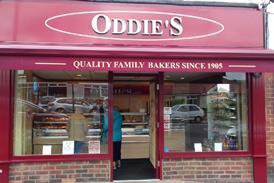
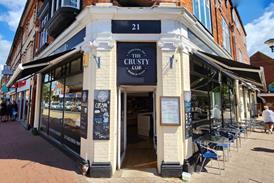
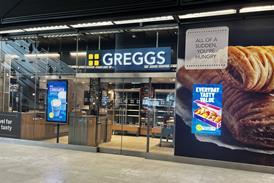




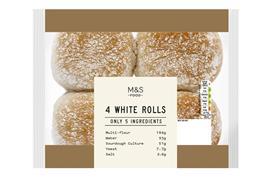
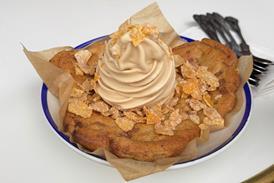


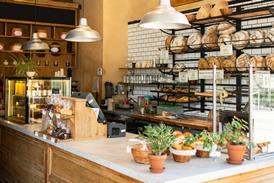


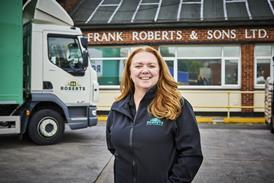
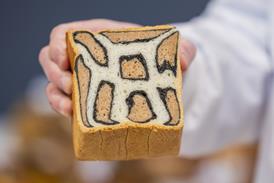

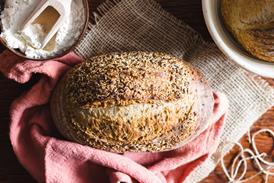
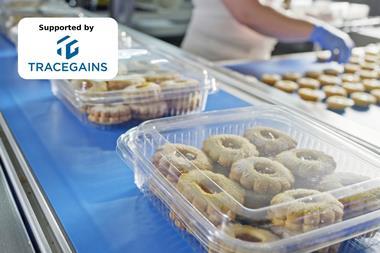

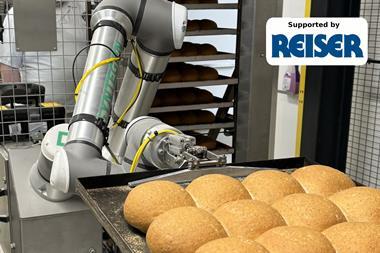
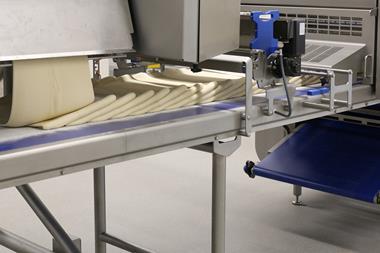
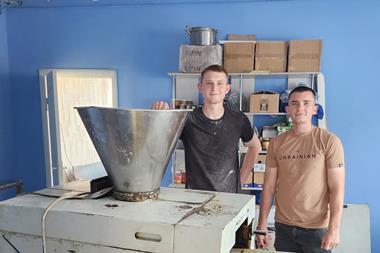






















No comments yet